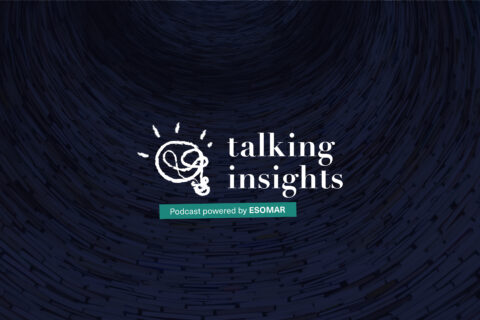As per World Bank 2018 report, DR Congo is the fourth most populated African country with almost 84.07 million people. The nation had a new president for the past two years and is experiencing a new era of democracy. It has not prevented the effects of a disease like the huge Ebola epidemic that the eastern part of the country has been facing since 2018.
Regarding COVID-19 outbreak, first cases were recorded 10 March 2020, and the government immediately took action one week later. These actions were lockdown of the neighbourhood registering the highest number of cases, the lockdown of the capital city, travel ban to other regions, ban of social gatherings (burials, weddings, parties, etc.) and church services. Target has conducted a study in April-May on the perception of COVID-19 among 1 000 Congolese, which revealed that 56% of people interviewed do not think the pandemic is dangerous while 39% think it is. The actions taken by the government to fight against the pandemic were considered overall satisfactory (64%).
Though actions have been taken, it should be mentioned that all sectors are negatively impacted by the outbreak, from small businesses to big corporate companies (telecoms, MFCG, retail, banks, etc.) Small and informal enterprises are less affected, and some are looking for new business opportunities related to the outbreak. Service based companies (banks, telecoms, retail etc.), excluding air travel and hotels, are looking at acquaintance strategies during the outbreak period. For example, home delivery is ‘’embryonary’’ but we saw retail lines advertising this new service to their customers; there is a massive surge in the use of mobile money services and a lot of demand in dealer shops to top up accounts.
Regarding market research, it should be noted that face-to-face remains dominant within data collection methods. Many reasons explain this dominance:
- Internet penetration is 43.1% as per ARPTC report(i). This is a threat to online sampling as targeting just internet users for consumers studies will lack representativeness.
- The literacy level as per world literacy review is 77%
- Interviewers still find it difficult to administer questionnaire through face-to-face as national languages are mostly spoken. It is obvious that online consumer surveys will be a big challenge in terms of understanding questions. Only B2B surveys and those with a high social class can easily fill in online questionnaires.
- Lack of respondents’ data. Getting a consistent and representative database of emails and WhatsApp phone numbers is a big challenge; even though, mobile internet users do not automatically have email addresses; few internet users have functioning email address but other either have forgotten their password or do not have.
- Internet cost is perceived as high compared to the countries low living standards.
Based on the above threat to online research, most clients are questioning agencies capacities to continue collecting data. Most local agencies are facing these macro threats and looking for ways to sort these out; some are leaving the research industry to up sell other services than research (sales force, advertising, etc.); ESOMAR members (including clients) should remain focused on the principles of the ICC/ESOMAR code. Agencies could consider diversifying to ensure their longevity.
However, the research field ought to survive regardless of the above threats as clients still need data and insights for their business/organization growth. A progressive migration needs to be set and carefully followed in order to survive. From face-to-face to CATI, then from CATI to Online.
New ways of doing research during the outbreak are:
- At home CATI has been one of the alternatives; interviewers calling respondents from their homes but extra quality control measures (100%) has to be done.
- Putting extra time for face-to-face projects is suggested to clients to compensate for non-response rates.
- Assuring clients’ sanitary measures are respected during field work (respect of social distance, wearing face masks, using gloves, hands sanitizers and digital thermometers).
It should not be forgotten that qualitative online is not left aside; it should also survive but in its own way – face-to-face recruitment aiming at training the respondent on an online application (installation and usage).
The main question is whether there will be a withdrawal after COVID-19 outbreak? Yes and no.
One of the main challenges in carrying out data in DR Congo are high costs. The living logistics are complicated as many towns are only reachable by air and flight tickets are expensive, the cost of living is also very high (Kinshasa is the fourth African most expensive town where transport, venue renting, wages, etc. are high).
For both methodologies, online is a way to cut down costs and help clients save their research budget and use it efficiently. However, other project types such as packaging and product test, which are usually commissioned, need face-to-face.
References:
ARPTC is the local telecom regulator. The report is prepared by the Autorite de regulation de la poste et des telecommunications du Congo; Observatoire du marche de la telephone mobile, rapport de 1er trimestre


